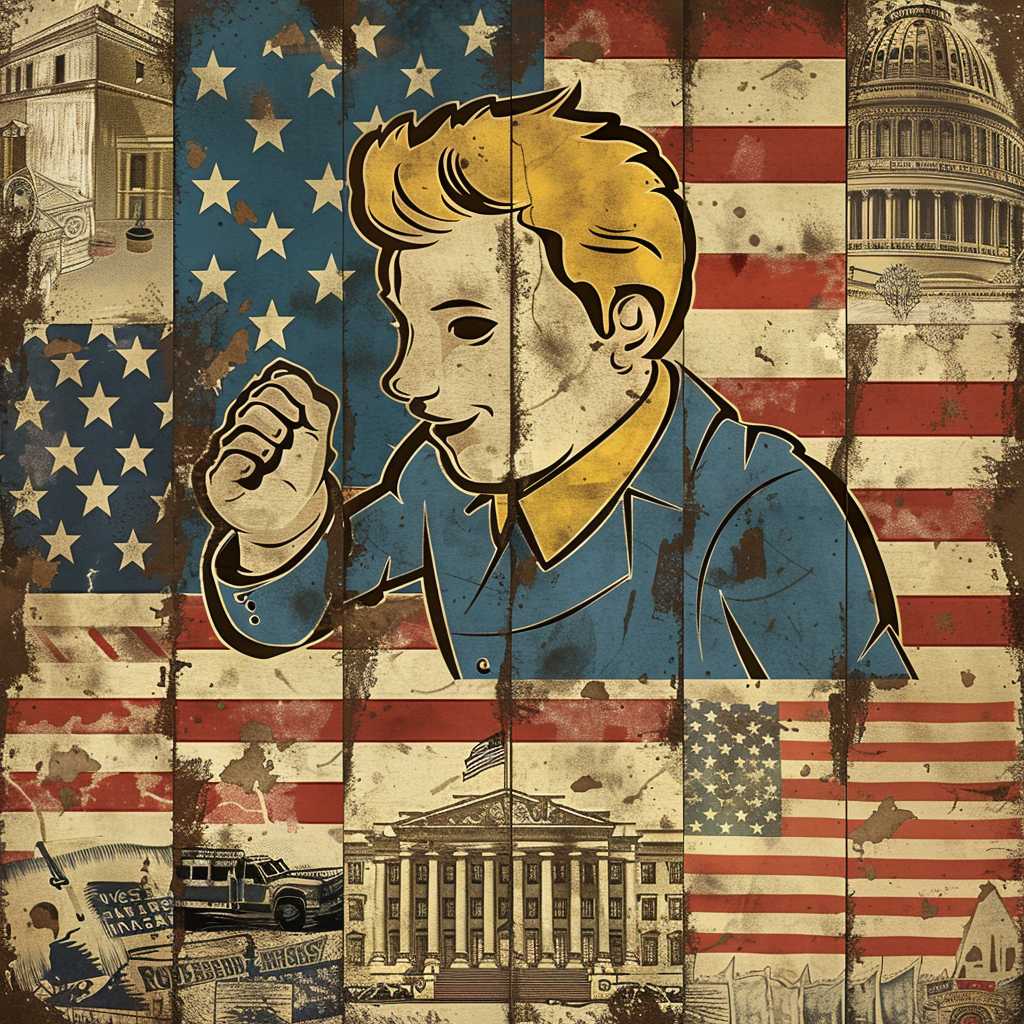The Evolution and Impact of the Fallout Series
The Fallout series is a highly acclaimed role-playing video game (RPG) franchise developed by Interplay Entertainment and later by Bethesda Game Studios. Since its inception in the late 1990s, the series has become well-known for its unique combination of post-apocalyptic setting, retro-futuristic design, moral complexity, and dark humor. Initially conceived as a successor to the 1988 RPG Wasteland, Fallout has since developed into a cornerstone of the gaming industry, with multiple mainline entries and various spin-offs.
Origins and Gameplay Mechanics of the Series
The original Fallout game was released in 1997. It introduced gamers to an alternate history where the world devolved into chaos following a devastating nuclear war in the year 2077. The story began in 2161, with players taking on the role of the Vault Dweller, who emerges from a post-apocalyptic shelter known as a Vault to find a replacement for the Vault’s failed water purification system.
Fallout featured a turn-based combat system and an isometric view. One of its standout gameplay elements was the SPECIAL system—an acronym for Strength, Perception, Endurance, Charisma, Intelligence, Agility, and Luck—seven attributes that defined player characters’ abilities and skills. Furthermore, choices made throughout the games heavily influenced the storyline, making each player’s experience unique.
Rise to Popularity and Subsequent Sequels
Fallout 2: Building on Solid Foundations
Released just a year after its predecessor in 1998, Fallout 2 expanded upon the original formula with an even larger open world and improved graphics while maintaining the same core mechanics. The sequel offered more sophisticated dialogue, deeper role-playing elements, and greater freedom to explore its dark vision of post-nuclear America.
Fallout 3: A New Direction
In 2008, Bethesda Softworks released Fallout 3 after acquiring the rights to the franchise. The game represented a significant shift as it transitioned from isometric gameplay to a first-person/third-person shooter perspective. Set in the Capital Wasteland (post-apocalyptic Washington D.C.), Fallout 3 introduced an extensive open world and integrated real-time combat with optional pause-and-play tactics (V.A.T.S. – Vault-Tec Assisted Targeting System).
Fallout New Vegas: A Beloved Spin-off
Obsidian Entertainment took the reins for Fallout New Vegas, launched in 2010. While drawing heavily from Fallout 3 mechanics, New Vegas received praise for its complex storytelling and deep narrative choices, offering arguably some of the most intricate faction interplay seen in the series.
Fallout 4: Pushing Technical Boundaries
Bethesda’s Fallout 4 arrived in 2015 and pushed the franchise forward in terms of crafting systems, base building mechanics, and visual fidelity. Set in post-apocalyptic Boston (the Commonwealth), Fallout 4 incorporated voiced protagonist dialogue—a first for the series—and layered role-playing experiences within a compellingly bleak yet vibrant world shaped by nuclear ruin.
Fallout 76: Exploring Multiplayer Horizons
The most recent mainline entry as of my knowledge cutoff date is Fallout 76; this title marked another significant departure for the series as it sought to create an online multiplayer experience set in Appalachia. Launched in 2018, it became initially subject to criticism for technical issues and gameplay shortcomings but has since received updates aimed at improving content and player experience.
Cultural Significance and Fandom
The Fallout series has left an indelible mark on pop culture with its distinct “atompunk” aesthetic, informed by Cold War-era Americana and technology envisioned by mid-20th-century science fiction. The games have spawned countless memorabilia items ranging from clothing to statuettes of franchise mascots like Vault Boy.
Critically lauded for their deep explorations of themes such as freedom versus security, societal reconstruction post-catastrophe, human nature under strain, and oftentimes moral ambiguity; Fallout games have posed thought-provoking questions regarding personal ethics and governance—elements that have resonated with a dedicated fan base thriving in online forums.
